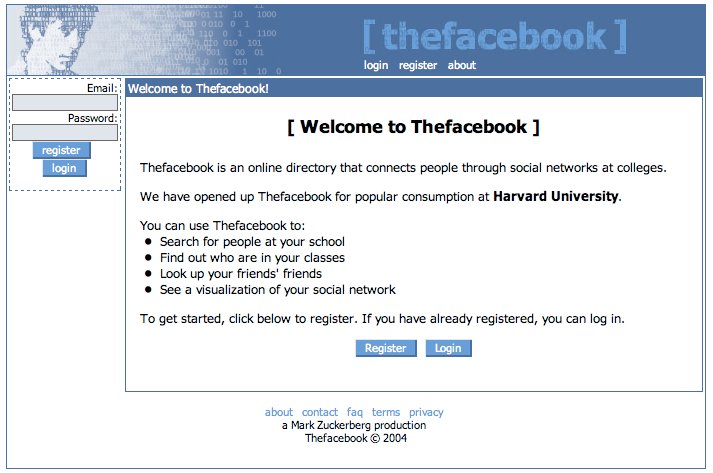

The world’s most popular social network turns 12 today. To celebrate, Facebook has declared today “Friends Day,” and released a few new tools it says are designed to help “further encourage our community to rally around their friends today.” They’re basically just simple diversions, but they really show the size and scale of how big Facebook has become in a dozen years.
Since 2011, Facebook’s userbase has doubled to 1.6 billion monthly active users (and over 1 billion daily).
Facebook today also released a tool that lets you see how connected you are, on average, to all 1.6 billion other users of Facebook. Remember the “Six Degrees of Bacon” meme, which posits everyone on Earth is connected by six or fewer people to Kevin Bacon (my “Bacon Number” is 3)? The average Facebook user has even closer connections to everyone else on the network: only 3.57 degrees away from any other user.
Since that’s the mean though, your number may be slightly different though. According to Facebook the average range of degrees is somewhere between 2.9 degrees and 4.2 degrees; Facebook COO Sheryl Sandberg is 2.92 degrees of separation from any user, Facebook CEO Mark Zuckerberg is 3.17 degrees, and this author is 3.18 degrees from any user.

Facebook is also creating Friends Day videos, which you may see on your News Feed throughout the day. You’ll be able to watch create your own video at the top of your News Feed or by clicking the “Watch Yours” button under your friends’ videos.
Back when Facebook started in 2004 there was no News Feed, no commenting on posts or wall-to-wall (the predecessor to commenting on individual posts), and only Harvard students could join after an invitation from an existing user. Eventually it expanded to all colleges, and then to the public (I signed up for Facebook as a high school freshman on October 6, 2006).
Since then there have been many redesigns of Facebook and a plethora of new features introduced: messages, pokes, groups, pictures, videos, apps, games, pages (cough Popular Science cough), trending topics, Sports Stadium, live streaming, 360-degree video, profile videos and so much more.
Meanwhile, the company Facebook itself has done extremely well from a financial perspective, raising billions in private and now public funding, and gone on to expand by acquiring and launching numerous other companies and products. Some, like Instagram and WhatsApp, are very clearly popular social tools like Facebook the social network. But many others, like virtual reality startup Oculus VR and Facebook’s Internet.org connectivity organization and its Aquila internet-beaming drones, are wilder, more ambitious, more nascent efforts, whose impact on the world is just beginning to be felt.
But if Facebook’s history is any indication, the website that began life as the controversial “Facemash” (for judging the relative attractiveness of other Harvard students’ headshots), will continue to have a profound impact on the world at large for years to come.
